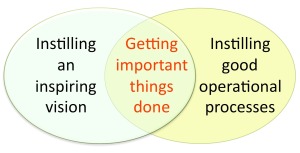One of the most valuable lessons I have learnt over the past year as a senior leader is in the power of using the right language. There have been numerous examples in the Academy recently where the simple switch from using complex but rather mediocre words to express an idea to using simple but well-thought through words and phrases has spiked momentum in many aspects of the school.
At Bristol Brunel, we call this switch ‘a nudge’.
“Nudges are ways of influencing choice without limiting the choice set or making alternatives appreciably more costly in terms of time,
trouble, social sanctions, and so forth. They are called for because
of flaws in individual decision-making, and they work by making use of those flaws.” (Hausman & Welch 2010, 126)
trouble, social sanctions, and so forth. They are called for because
of flaws in individual decision-making, and they work by making use of those flaws.” (Hausman & Welch 2010, 126)
which we have taken to understand as
“A nudge is very simple idea, approach that has surprising leverage for improvement. It is low in energy and feels to staff very intuitive. It offers a different way or view without replacing or removing old ways. They are often located in the what and is a really good way to prompt improvement and change, without persuasion, resource or time.” (Dr Dan Nicholls, Principal of Bristol Brunel Academy)
Examples of nudges that highlight the power of language:

